Introductory course for entry level into working in the community
OR
1st March to 5th April 2023
Wednesdays 1:00pm – 2:30pm
3rd May to 7th June 2023
Wednesdays 1:00pm – 2:30pm
Combined course for Community Fundamentals, includes free webinar on Introduction to AS1428.1.
All costs incl. GST
Karen Maurer and Cheryl Banks (Capable Spaces) have worked as OTs for over 2 decades, and are passionate about training the next generation of clinicians through using evidence-based practical skills that have helped 1000s of clients to stay living safely and independently in their homes for as long as possible.
Their presentations provide a scaffold of learning, using practical tips and process checklists to build your competency in a Community OT role. They share from real world experience, case studies, and tips and tricks of how they work effectively in community OT.
Each week’s training goes for 1.5 hours, and is recorded. Online training includes live Q&A to brainstorm solutions to challenges that impact you in your roles each week.
This more than met my expectations. Opportunities to think through case studies together and reflect with other OT’s in breakout rooms was invaluable. Its helped to frame my thinking as I approach returning to the OT workforce, and also enabled reflections on areas that I had not previously thought to engage in (such as my time management skills!)
I’ll be recommending this to colleagues considering practicing in the community, and also to others like myself who are returning after a period of absence. It’s given my confidence a huge boost.
OTs getting started in a community role will know the steps and processes to
What we’ll be covering each week
Week 1 | Home visit Process – Learning Objectives:
Week 2 | OT Process – Learning Objectives
Week 3 | Time Management
Week 4 | Funding and Legislation (Not legal advice, for educational purposes only)
Week 5 | Documentation
Week 6 | Learning and Skills Development
Week 1 – Transfers and Mobility assessments
Week 2 – Pressure Care Assessments
Week 3 – Capable Accesses
Week 4 – Capable Bathrooms and Toilets
Week 5 – Capable Bedrooms
Week 6 – Capable Lounge/Dining

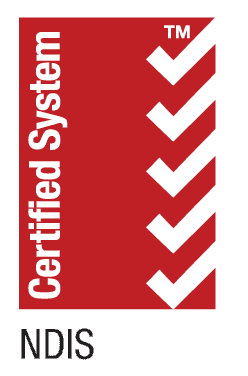
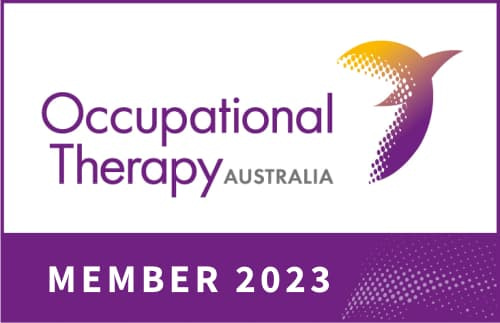
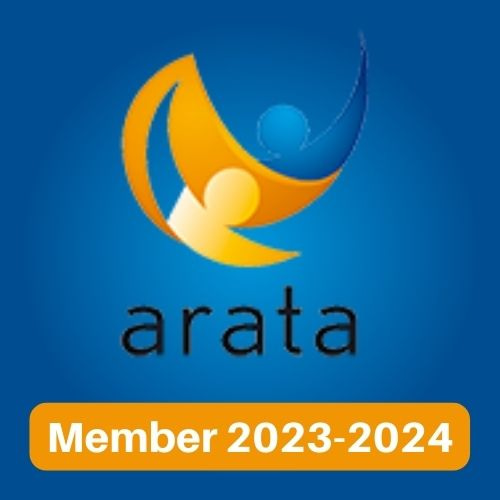
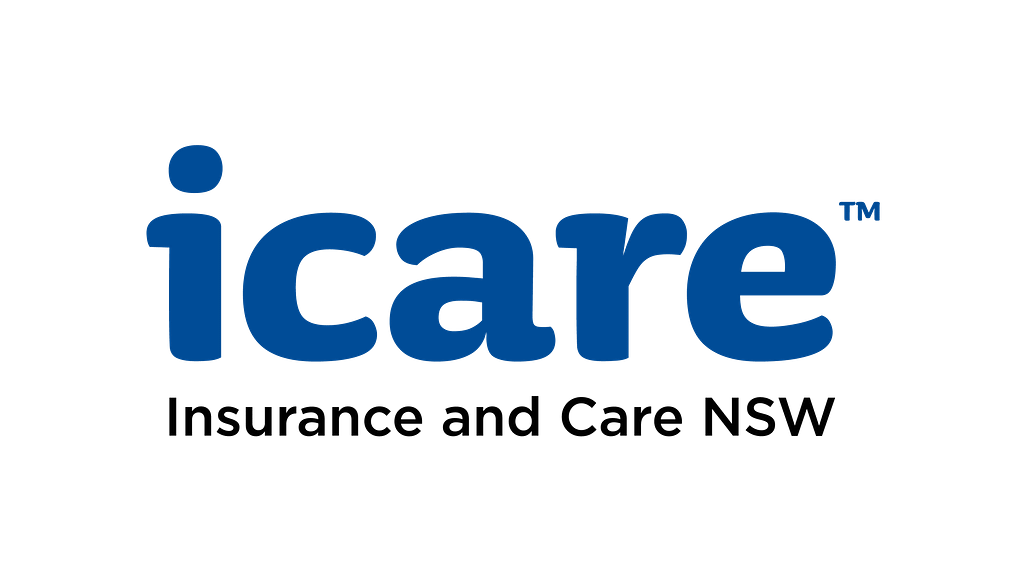
Phone: (02) 4081 0817
Address: 262 Main Road Cardiff, NSW 2285
ABN 74 625 158 983 | AHPRA Registration: OCC0001714241
Enter your details to express interest in our AT Framework course for 2024.
"*" indicates required fields
Enter your details to express interest in our Community Fundamentals courses for 2024.
"*" indicates required fields
Fill out the form below and one of our team will call you back within 24 hours.
"*" indicates required fields